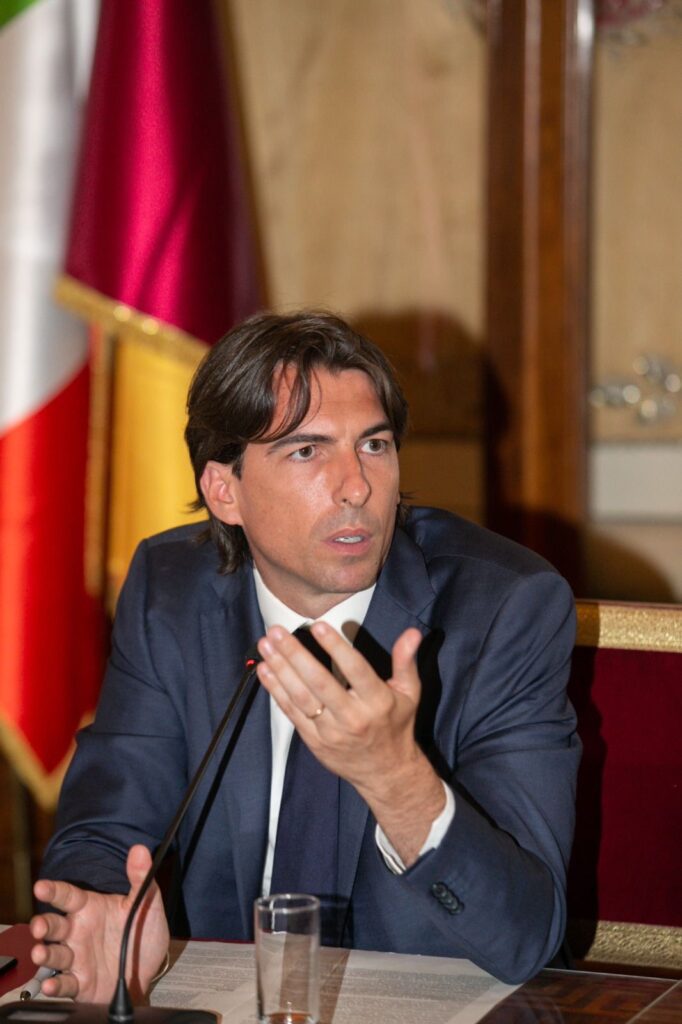Skift Take
For Rome’s tourism chief, cracking down on short-term rentals and managing visitor traffic at Trevi Fountain are the top priorities when it comes to combatting overtourism.
Rome is looking to clamp down on overcrowding and tourist misbehavior at the Trevi Fountain, one of the world’s most iconic and popular attractions, with a reservation system.
âWhen they arrive at the Trevi Fountain they have to deal with total chaos,â said Alessandro Onorato, deputy mayor of tourism for Rome.
The disorder at the fountain is a consequence of Rome experiencing its biggest tourism year on record. The city is on track to surpass 50 million visitors this year.
But overtourism is putting stress on one of Romeâs most popular attractions and resident quality of life. âThe challenge now is to make it sustainable and compatible with the city and the life of residents,â said Onorato.
Like Venice, Amsterdam and Greece, the city has been trying to find a balance between preserving local quality of life and growing tourism.
Proposal to Manage Tourist Flows at Trevi Fountain
Onorato wants to introduce a ticketing reservation system around the Trevi Fountain to manage the flow of visitors.
âWe want first of all to enhance an extraordinary monument, and then we want to guarantee a unique, special and serene experience for all tourists,â said Onorato.
The reservation system would start before tourists go down the steps. âWe would like to introduce an entrance with a reservation to go down the steps, organizing the flow with a mandatory entry and exit, plus a safety route,â said Onorato.


Roman citizens get in for free but tourists would have to pay a 2-euro âsymbolic fee.â The funds collected will be used create hiring stewards and hostesses to manage the flow of visitors and protect the monument.
Under the system, tourist behavior would be better managed. Food consumption and tourist activities like jumping into the fountain would be easier to prevent.
Crackdown on Short-Term Rentals in Rome
A top priority of Romeâs city government is to regulate short-term rentals, the rise of which have made the city less affordable for locals. In the last five years, the number of short-term rentals have doubled to over 30,000 units.
Rome has been conducting a crackdown illegal listings. âIn the last two years alone we have carried out over 10,000 checks, more than had been done in the decade before our arrival,â said Onorato.
To slow down short-term rental openings, the city has put in registration and building code requirements and other technical implementation standards. âWe will make life difficult for those who want to open in a wild manner,â said Onorato.
The deputy mayor would like to see ban all non-hotel facility openings in Rome, at least the historic center, for at least one or two years.
But the city canât go that far because it doesnât have the authority. In Italy, thereâs no law clarifying the authority local governments have when it comes to regulating short-term rentals.
âWe need the national government to give local administrations autonomy and decision-making power to intervene with regulations appropriate to individual cities,â said Onorato.

